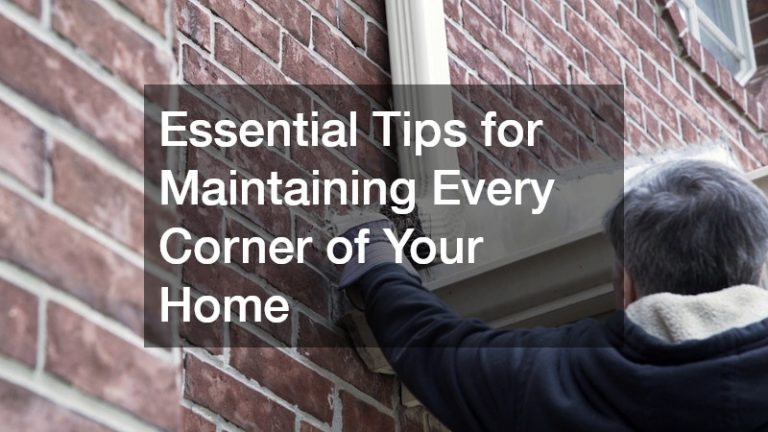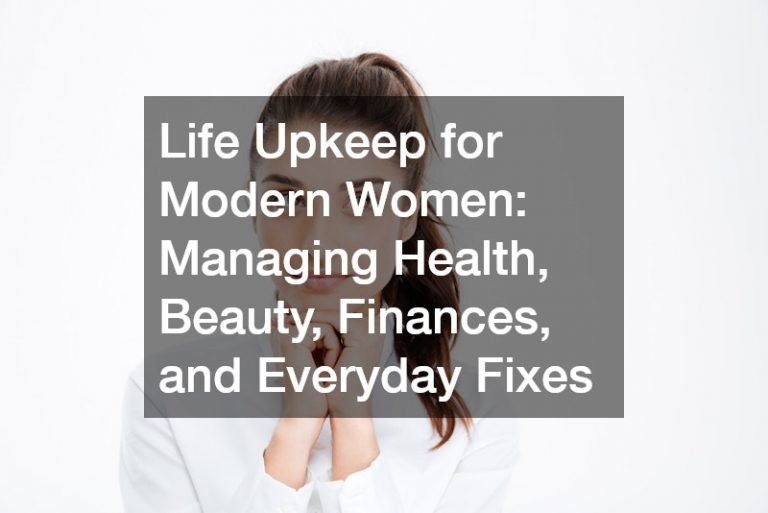Being a stay-at-home mom can be a rewarding and fruitful experience. It gives you more time to raise your children, allowing you to be more hands-on about their upbringing. However, it’s no secret that there are also a few downsides to being a SAHM, especially when it comes to physical, emotional, and mental health.
Every day, many SAHMs fight a battle that not even their spouses know about. If you are in the same boat, know that you are not alone. Many other parents are raising their children at home at the expense of their health. However, you don’t have to sacrifice yourself to be a great parent. That said, here are the health conditions that are common in SAHMs and how you can avoid them.
-
Kidney stones
While kidney stones can happen to anyone regardless of being a parent, a SAHM may be more susceptible to developing them, especially with increasing age. Why? You might be so busy taking care of the household that you don’t drink enough water or follow a balanced diet. And if you are overweight or obese, you have a higher risk of developing kidney stones. Furthermore, if you experience chronic UTI, you might develop struvite, primarily composed of alkaline.
Once you experience the symptoms of kidney stones, it’s best to consult with a doctor right away to prevent the problem from getting worse. You can also go straight to a diagnostic clinic like Vista Health that will allow you to order an X-ray on your own and find out if you have stones. Kidney stones can be excruciating, so you should address the problem immediately.
-
Sleep disorders and sleep deprivation
A sleep disorder can be anywhere from insomnia to parasomnia. In any case, having a sleep disorder can reduce sleep quality and cause other health problems, such as excessive daytime sleepiness, increased irritability, depression, and unusual breathing patterns, among many others.
Common causes of sleep disorders are stress, anxiety, and chronic pain, which can be common among moms and dads. Addressing the underlying causes of sleep disorders is the key to getting fitful rest every night, so it is highly recommended that you consult with your GP if you have trouble falling and staying asleep most nights.
Sleep deprivation is different from insomnia. Although they both involve not getting enough sleep, sleep deprivation is not having enough time to sleep, which is a common problem for many parents, especially SAHMs. If you have a newborn or if your small child wakes up multiple times a night, you are likely to experience sleep deprivation that can lead to many other health problems, particularly chronic fatigue.
Although not getting enough sleep is normal for being a parent, mothers should not take sleep deprivation lightly. Chronic fatigue can be a dangerous thing, both for yourself and your children. To help address sleep deprivation, find ways to get more sleep, such as taking more naps or helping your children rest more fitfully at night.

-
Being overweight or obese
Even if you’re constantly moving throughout the day while taking care of the kids and doing a million and one chores, becoming overweight or obese is still a very real possibility. You might still be holding the excess weight from pregnancy, or you are eating more calories than you need to compensate for the exhaustion. Another common reason is the lack of time to prepare healthy meals, which is, unfortunately, a plight for many parents.
Being overweight or obese can increase your risk for heart disease, diabetes, high blood pressure, and many other negative health conditions. To keep yourself at a healthy weight, here are some tips that you can follow.
- Consult with a dietitian that can help you determine how much and what to eat to achieve a healthy weight
- Avoid emotional eating and drinking your calories
- Choose easy-to-prepare meals that are rich in nutrients; prepare meals in bulk if you don’t have enough time
-
Depression
Depression can affect moms at any point in life, not just when the baby is born (postpartum depression). The isolation from loved ones, the constant exhaustion, and the loss of identity are common causes that lead to depression in many mothers. This is especially true if they already tend towards depression before pregnancy.
If you suspect that you have depression, seek help from a mental health professional right away. Moreover, let your partner know so that they will be better able to understand and thus offer the right support.
This is, by far, not an exhaustive list of what health conditions SAHMS—or mothers in general—go through. If you are suffering from one or more of these conditions, find help right away to keep being your best for your children and, most importantly, yourself.




